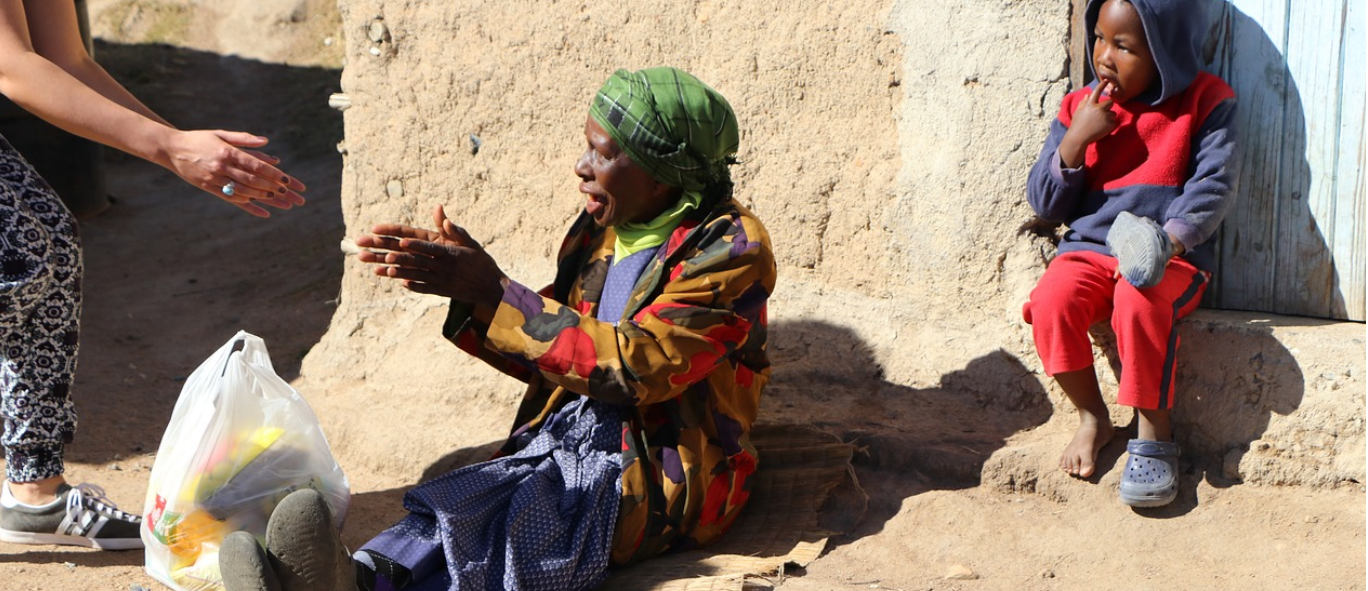The causes of African poverty is often misunderstood, but the continent’s economic history provides an opportunity to take a closer look at what went wrong.
“African poverty was not caused by colonialism, capitalism or free trade,” says Tupy. “As I have noted before, many of Europe’s former dependencies became rich precisely because they maintained many of the colonial institutions and partook in global trade.”
Tupy notes that African poverty preceded the continent’s contact with Europe and persists where Europeans have departed. “That is an outcome of unfortunate policy choices, most of which were freely chosen by Africa’s leaders after independence,” she says.
Africa, much like Europe, started out desperately poor. The late Professor Angus Maddison of Groningen University estimated in 1990 that, at the start of the Common Era, average per capita income in Africa was $470 per year.
The global average was roughly equal to that of Africa. Western Europe and North Africa, which were parts of the Roman Empire, were slightly better off, at $600, while North America lagged behind Africa at $400. Thus poverty in the world was fairly equally distributed.
Global inequality coincided with the rise of Northern Italian city states in the 14th century and the Renaissance in the 15th century. By 1500, a typical European was about twice as rich as a typical African. But the real gap opened only after the Industrial Revolution that started in England in the late 18th century and later spread to Europe and North America during the 19th century.
In 1870, Europeans controlled no more than 10 per cent of the African continent, mostly only the northern and southern parts of the continent. But Western European incomes were already four times higher than those in Africa. Europe, in other words, did not need Africa in order to become prosperous.
Europe colonised Africa because Europe was already far more prosperous, a chronological fact that many blame sayers overlook.
Africa’s fortunes under colonial rule included progress in health and education. Maddison estimates that in 1870, there were 91 million Africans. By 1960, the year of independence, the African population had grown more than threefold to 285 million. The OECD estimates that at the same time the share of the African population attending school rose from less than 5 percent to over 20 percent.
After Africa’s struggles for independence, African leaders inherited countries where fierce repression of political dissent had already been established by Africans themselves. Instead of repealing censorship and detention laws, African leaders chose to expand such laws.
Post-independence African governments were determined to expunge colonial institutions because they represented rule of law, accountable government, property rights and free trade. African leaders instead opted for political arrangements and economic policies of the Soviet Union.
Even today, Africa remains the least economically free and most protectionist continent in the world.
















